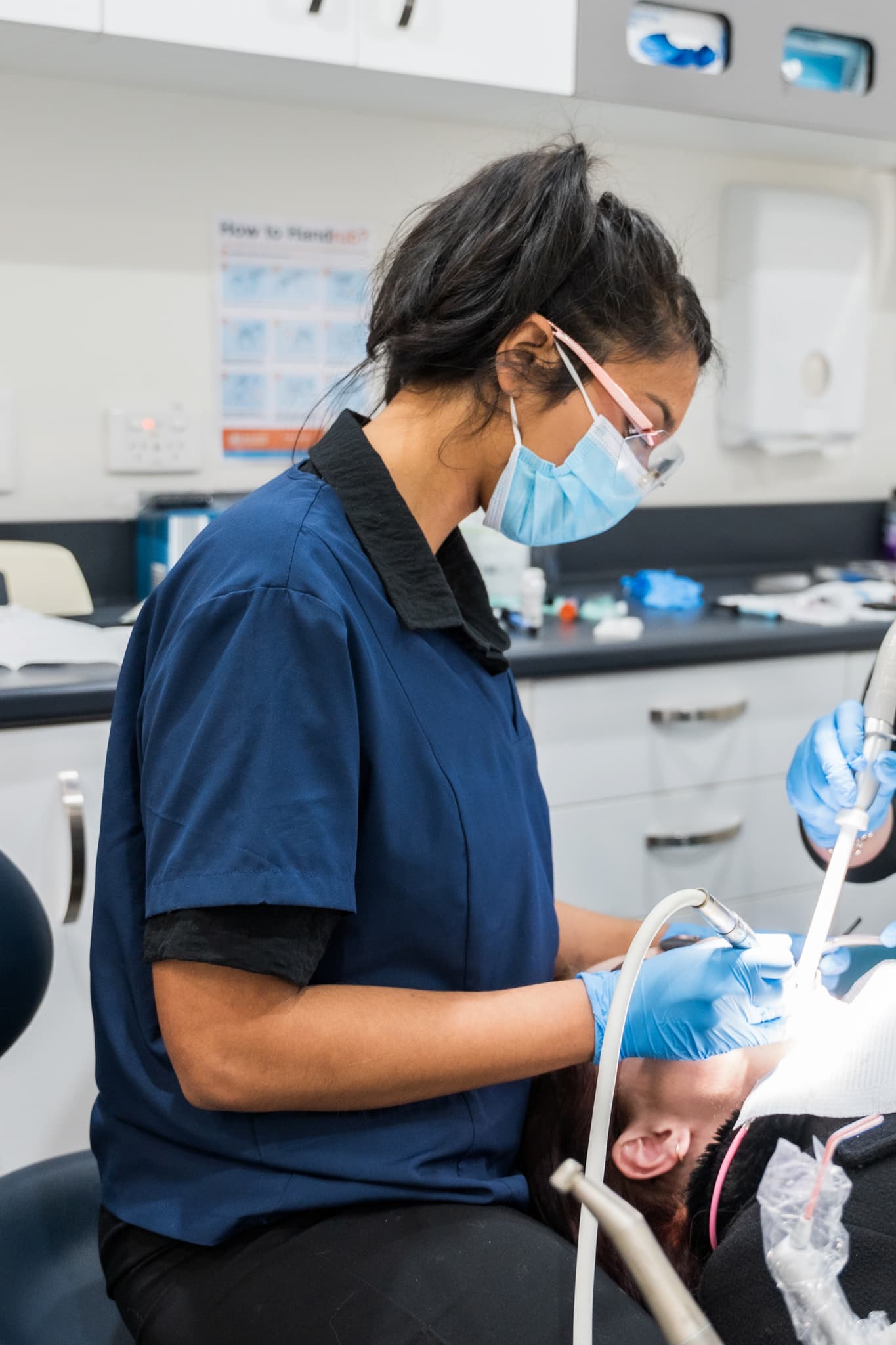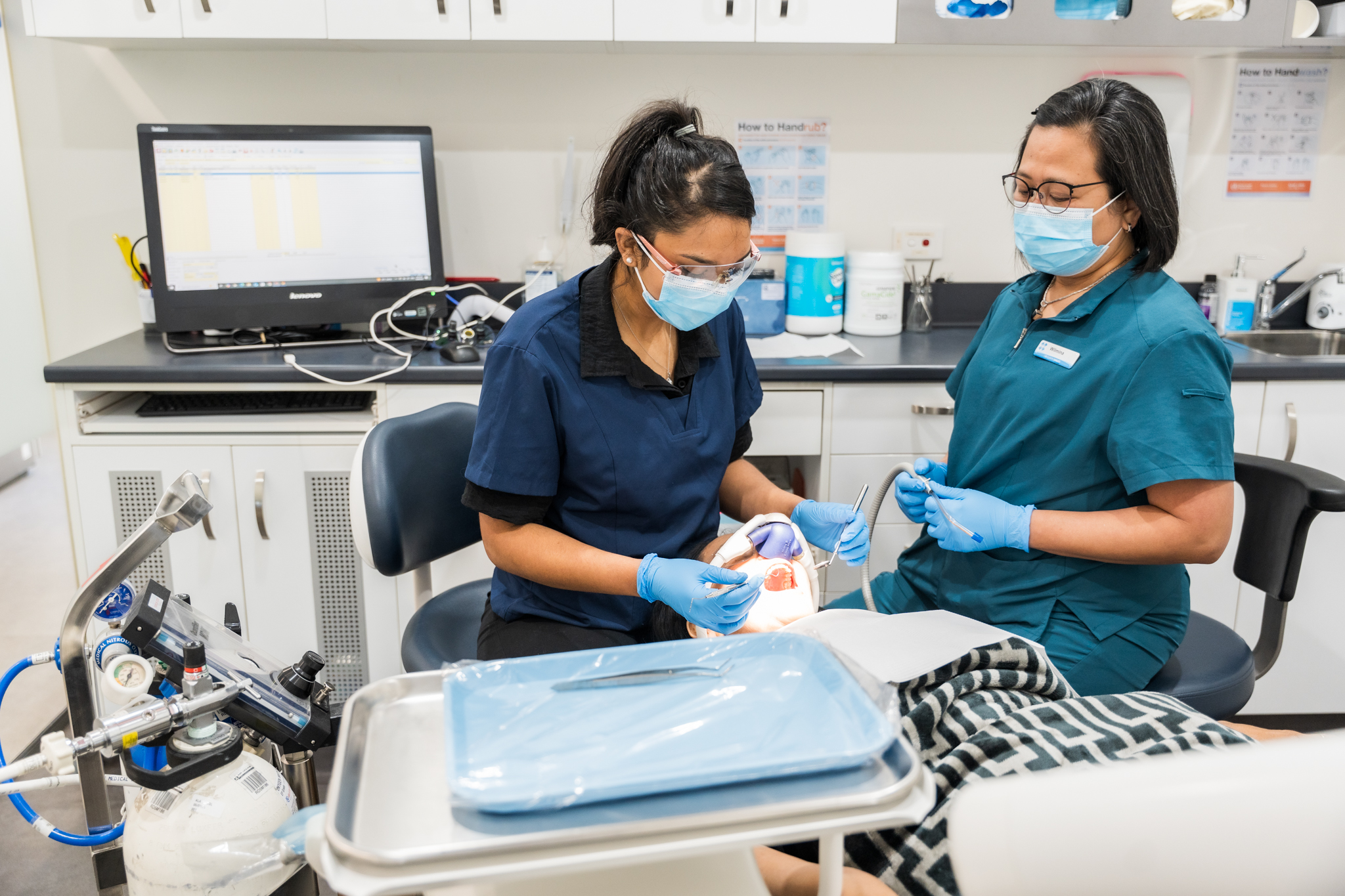Comfort-Focused Care for Anxious Patients
At Exquisite Smiles, we understand that fear of the dentist affects many people, preventing them from receiving the dental care services they need. Our sedation dentistry options are designed to help anxious patients feel more comfortable during their treatment, though individual responses to sedation can vary significantly.

Understanding Your Sedation Options
We offer several sedation methods, each with different characteristics and suitability depending on your individual circumstances and medical history:
Nitrous Oxide Sedation (Happy Gas)
Commonly referred to as “happy gas,” nitrous oxide sedation offers mild relaxation. You’ll remain conscious and able to communicate throughout the procedure, feeling more at ease. The effects typically dissipate within minutes after the gas is stopped.
Oral Sedation
Prior to your appointment, you’ll take a prescribed oral medication to help alleviate anxiety. This method offers a deeper state of relaxation compared to nitrous oxide, though individual responses can differ significantly. It’s essential to arrange for someone to drive you to and from your appointment, as recovery times vary among patients.
IV Sedation and Twilight Sedation
For patients seeking a deeper level of sedation, we provide intravenous (IV) sedation, also known as twilight sedation or twilight anaesthesia. This method of conscious sedation is delivered directly into your bloodstream, enabling meticulous control over the sedation depth. While you may retain minimal memory of the procedure, you will still be capable of responding to instructions.
Sleep dentistry, whilst sometimes used to describe deeper sedation options, doesn’t mean you’ll be completely unconscious. Rather, you’ll be in a deeply relaxed state where time seems to pass quickly.
What to Expect of Sleep Dentistry Treatment
Before Your Procedure:
- Comprehensive medical history review
- Discussion of sedation options suitable for your individual circumstances
- Clear instructions about preparation, including fasting requirements where applicable
- Arrangement for post-procedure transport (essential for most sedation types)
During Treatment:
- Continuous monitoring of vital signs
- Graduated sedation approach starting with minimal levels
- Regular assessment of your comfort and response
- Ability to communicate with our team throughout conscious sedation procedures
Recovery Considerations:
Recovery times vary significantly between individuals and sedation types. Some patients feel normal within hours, whilst others may experience grogginess for the remainder of the day. We’ll provide specific post-procedure care instructions and ensure you’re comfortable before discharge.
Important Considerations
Sedation dentistry requires careful consideration and isn’t suitable for everyone. Individual medical conditions, medications, and health factors all influence sedation suitability and effectiveness. Some patients may experience side effects or complications, and outcomes can vary considerably between individuals.
We’ll thoroughly discuss your medical history, current medications, and any concerns during your consultation. This helps us determine the most appropriate approach for your individual circumstances.
Is Sedation Dentistry Right for You?
If dental anxiety has prevented you from seeking necessary care, sedation dentistry might help you receive treatment more comfortably. However, this decision requires careful consideration of your individual health circumstances, the nature of your required treatment, and your personal preferences.
During your consultation, we’ll explain the risks and benefits of each sedation option, discuss realistic expectations, and help you make an informed decision about your dental care.
Ready to discuss your options? Contact Exquisite Smiles to schedule a consultation where we can address your concerns and explore whether sedation dentistry is appropriate for your individual needs.
FAQs
Is sedation dentistry safe?
Sedation dentistry can be safe when administered by qualified practitioners, though individual responses vary significantly and risks exist with all medical procedures. Safety depends on your medical history, current medications, and how your body responds. We conduct thorough assessments, but some patients may experience side effects or complications. A detailed consultation is essential.
Will I be unconscious and will I feel and remember?
Most dental sedation involves conscious sedation – you’ll remain awake but deeply relaxed. Individual experiences vary considerably. Some patients remember little, others retain clearer memories. You may feel drowsy or that time passes quickly, though responses are unpredictable. We’ll explain realistic expectations based on your chosen sedation method and individual circumstances.

